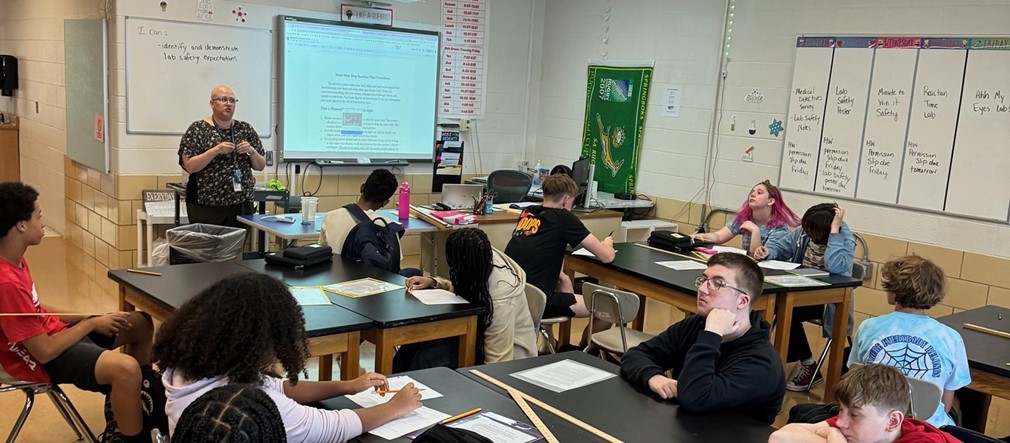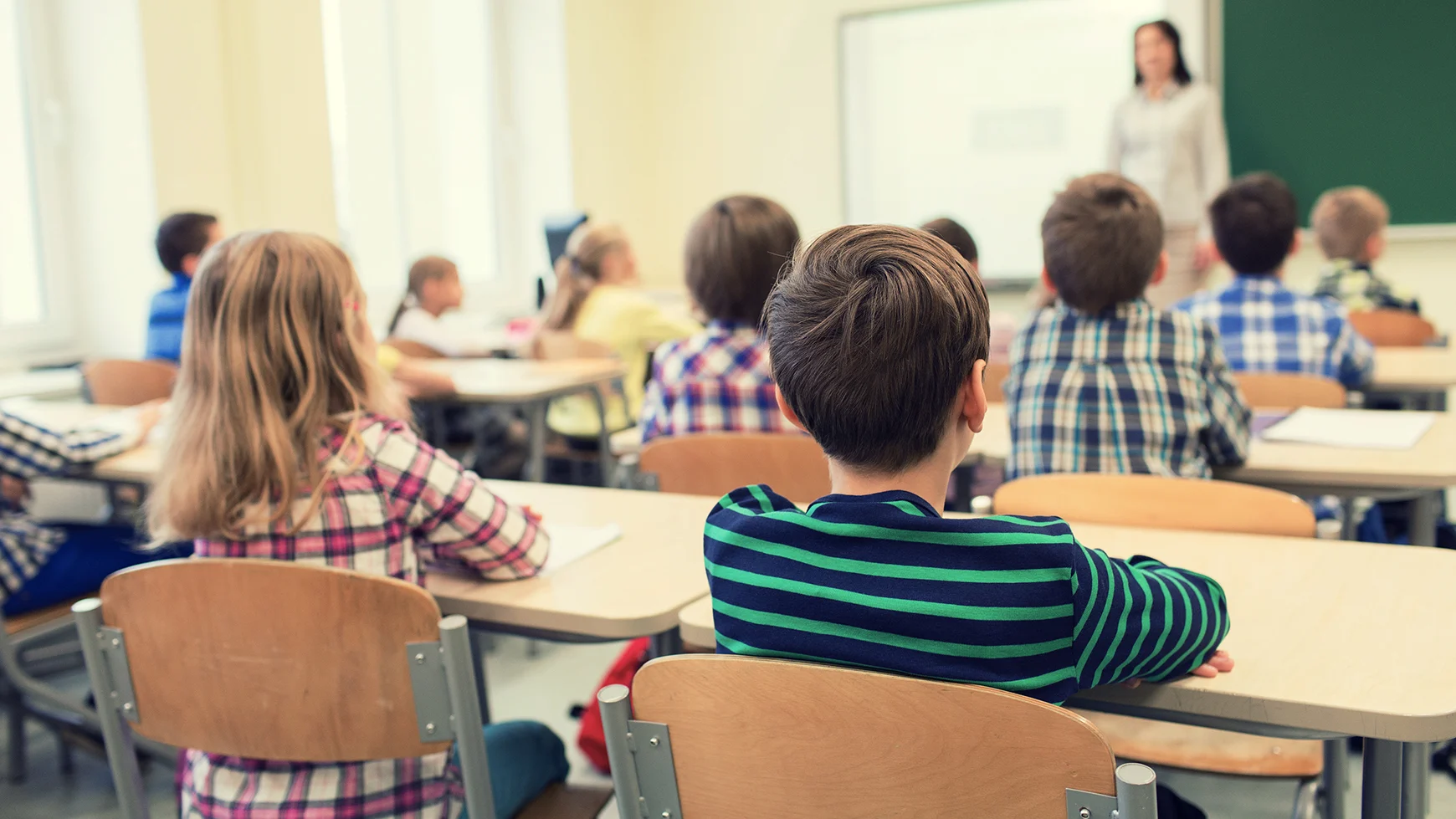Join the Activity to Save Temecula Schools: Neighborhood Action Needed!
Join the Activity to Save Temecula Schools: Neighborhood Action Needed!
Blog Article
The Effect of School Environments on Academic Success and Personal Wellness
The layout of educational rooms, including all-natural illumination and ergonomic furnishings, can improve pupils' concentration and convenience. Exactly how can schools tactically boost these elements to better support their pupils?
Physical Layout and Style
Just how does the physical design and style of a college influence scholastic success? The plan and visual of a school atmosphere can substantially affect trainees' discovering outcomes. A well-designed college format advertises ease of movement, lowers diversions, and fosters a feeling of safety and belonging. As an example, vast passages and plainly marked areas promote smooth changes between courses, decreasing lateness and disruption. Additionally, strategically positioned usual locations motivate social interactions, which are important for social and emotional development.
Natural illumination and reliable air flow systems are critical in enhancing cognitive feature and minimizing absenteeism. Studies have revealed that classrooms with ample natural light enhance pupil concentration and decrease feelings of drowsiness. Ergonomic furnishings customized to students' requirements can prevent physical discomfort, enabling for extended emphasis and engagement in scholastic activities.
Accessibility to outside rooms and cosmetically pleasing surroundings likewise play a vital role - Save Temecula Schools. Green areas and well-maintained college grounds give possibilities for physical workout and mental relaxation, both of which are crucial for maintaining high degrees of academic performance. In significance, an attentively created physical environment can serve as a catalyst for academic quality, promoting an environment that sustains both teaching and knowing
Class Environment
A favorable class environment is basic to attaining academic success. An atmosphere that promotes a sense of safety, inclusivity, and mutual regard urges pupils to involve even more proactively in their knowing processes. The setting of a classroom, consisting of aspects such as illumination, noise levels, and seating arrangements, can significantly influence pupil focus and motivation. A well-ventilated, well-lit classroom with very little distractions can boost cognitive feature and minimize tension, consequently advertising far better academic outcomes.
Additionally, the class ambience ought to sustain a society of partnership and open communication. When students really feel comfy expressing their ideas and asking questions, they are much more likely to engage deeply with the material and establish critical believing skills - Save Temecula Schools. Peer interactions and group activities can boost knowing by fostering and providing diverse perspectives teamwork
Furthermore, developing clear assumptions and constant routines can create an organized atmosphere that allows pupils to focus on their research studies. By lessening unpredictability and supplying a predictable structure, students can better manage their time and duties. Ultimately, a positive classroom ambience not just improves academic efficiency but additionally adds to the general health of students, preparing them for future academic and individual endeavors.
Teacher-Student Relationships
Building on the value of a favorable classroom ambience, the partnerships between instructors and students play a crucial function in shaping academic success. A healthy and balanced teacher-student relationship fosters a finding out environment where trainees feel valued, recognized, and supported, which substantially boosts their inspiration and engagement. When students view their instructors as empathetic and friendly, they are a lot more likely to take part actively in course and look for help when needed, contributing to a much deeper understanding of the subject.

Effective interaction is crucial to nurturing these connections. Teachers that employ open, respectful, and constant communication produce a foundation of trust fund. This depend on makes it possible for students to reveal their ideas and worries openly, cultivating a joint learning setting. Basically, solid teacher-student connections are a foundation of academic success, playing a critical role in both scholastic accomplishment and personal advancement.
Peer Interactions
Peer interactions considerably affect scholastic success by forming a trainee's cognitive and social advancement. Positive peer communications can boost a pupil's motivation and engagement in academic activities via joint knowing and shared support.

Effective peer interactions likewise add to the advancement of crucial life abilities, such as teamwork, interaction, and problem resolution. These social competencies are crucial for both academic success and personal well-being, this post underscoring the significance of promoting positive peer characteristics within the school setting.
After-school Activities
Engaging in extracurricular tasks plays a pivotal duty in a student's scholastic success and individual development. These activities, varying from sports teams to dispute clubs, supply trainees possibilities to develop useful abilities such as leadership, time management, and team effort. Research study consistently indicates that trainees who join extracurricular activities tend to accomplish higher academic performance. This correlation is typically credited to the structured environment and the discipline needed to stabilize both scholastic and extracurricular commitments.
Furthermore, extracurricular participation promotes a feeling of belonging and area, which is essential for individual wellness. Joining group tasks enables students to develop and strengthen social media networks, improving their social and emotional intelligence. These interactions are critical for creating interpersonal skills that are advantageous in both academic and future professional settings.
In addition, extracurricular activities offer a constructive electrical outlet for pupils to discover their passions and passions beyond the conventional educational program. This expedition can cause the discovery of new talents and prospective profession paths, further inspiring students to involve even more deeply in their scholastic work. To conclude, the function of extracurricular tasks prolongs past simple entertainment; they are important to promoting an alternative instructional experience that advertises both academic success and personal growth.
Final Thought
Altogether, the influence of institution atmospheres on both scholastic success and personal well-being is profound. Thoughtfully designed physical layouts and class, together with positive teacher-student relationships and positive peer interactions, dramatically boost trainee inspiration and engagement. The visibility of helpful educators can mitigate stress, promoting a supporting atmosphere helpful to all natural advancement. These components collectively highlight the relevance of creating and keeping optimum college environments for the benefit of pupils' academic and individual growth.
Ultimately, a favorable classroom environment not just enhances academic efficiency but also adds to the overall wellness of trainees, preparing them for future instructional and personal ventures.

Report this page